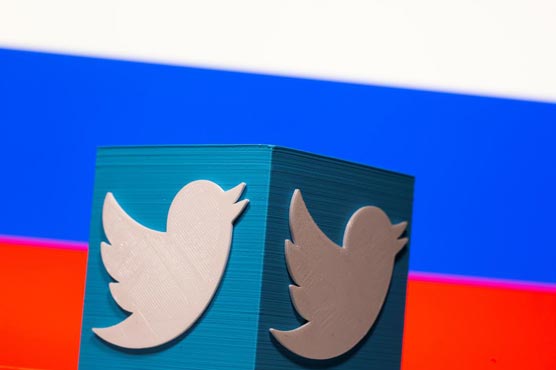Russia extends punitive Twitter slowdown until mid-May

Russia extends punitive Twitter slowdown until mid-May
MOSCOW (Reuters) -Russia said on Monday it would extend a punitive slowdown of Twitter until May 15 though it acknowledged the U.S. social media company had speeded up deletion of banned content.
Moscow has traditionally taken a more hands-off role in policing the internet than neighbouring China. But as friction has grown this year over the arrest and jailing of Kremlin critic Alexei Navalny, it has signalled a tougher line.
Russia has since March impeded the speed of Twitter for not removing content it deems illegal, and threatened to block it entirely. Photos and videos take longer to load for some users.
However, in a statement on Monday, state communications watchdog Roskomnadzor said Twitter had held talks with Russian authorities on April 1, resulting in an agreement to give it more time and a recognition that banned content was being deleted quicker.
Twitter confirmed the talks with Russia.
“It was a productive discussion about how we can both work to ensure that reports of such illegal content are dealt with expeditiously,” it said in a statement.
Roskomnadzor said that on average, Twitter was removing illegal content within 81 hours of receiving a request. That is still much longer than the 24 hours demanded in law.
Russian authorities have accused Twitter and others this year of failing to delete posts that Moscow said illegally urged children to take part in anti-Kremlin protests.
Roskomnadzor says it wants Twitter to delete content that contains child pornography, drug abuse information and calls for minors to commit suicide.
Twitter denies allowing its platform to be used to promote illegal behaviour, says it has a zero-tolerance policy for child sexual exploitation, and prohibits the promotion of suicide or self-harm.
After Russia announced the move to slow down its traffic, Twitter said it was worried about the impact on free speech.
As well as Russia, major social media companies have been embroiled in an increasing number of disputes around the globe as governments seek to curb their power.

